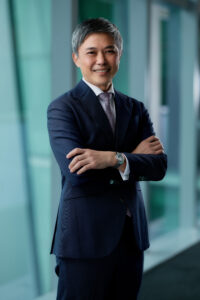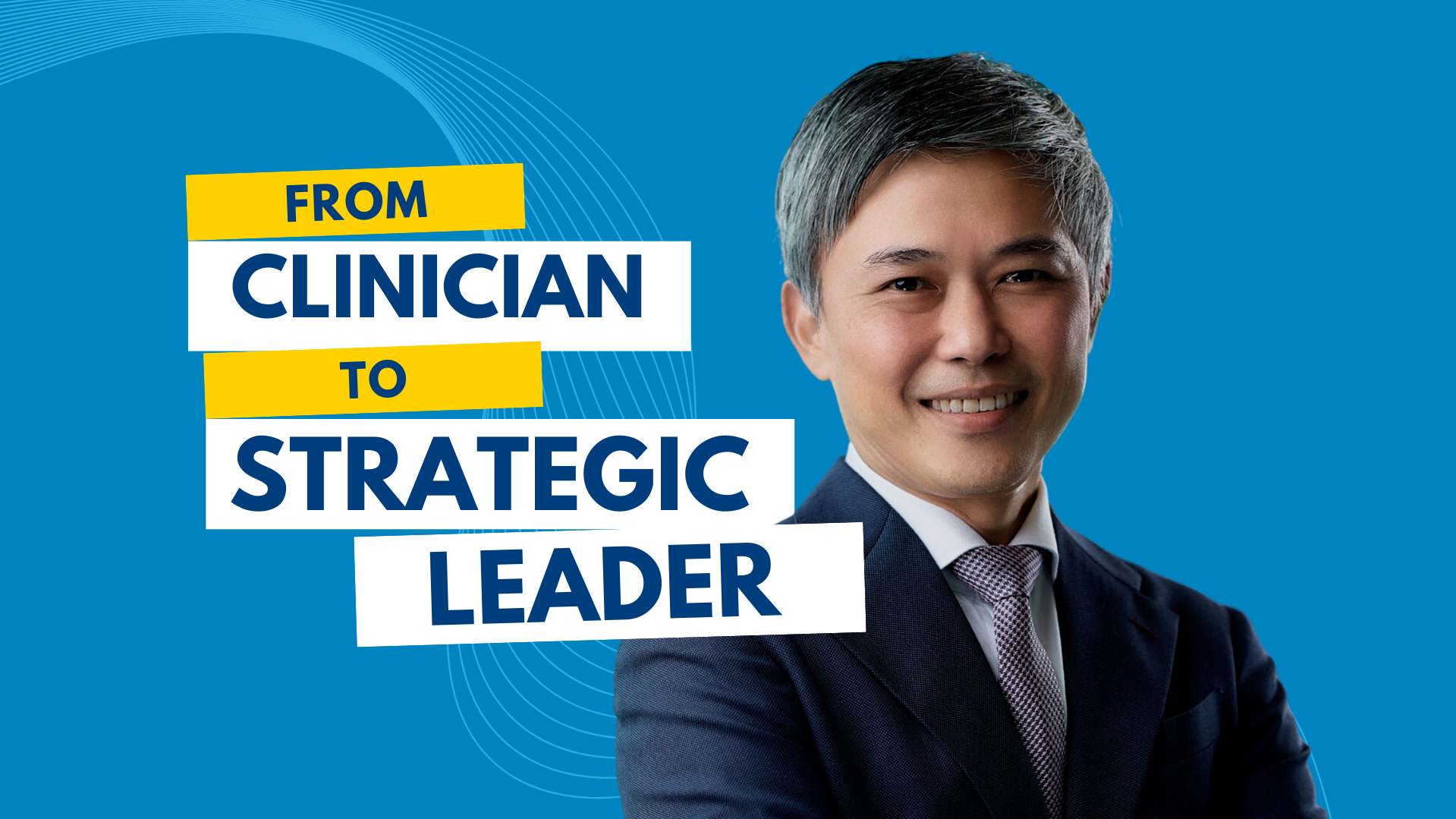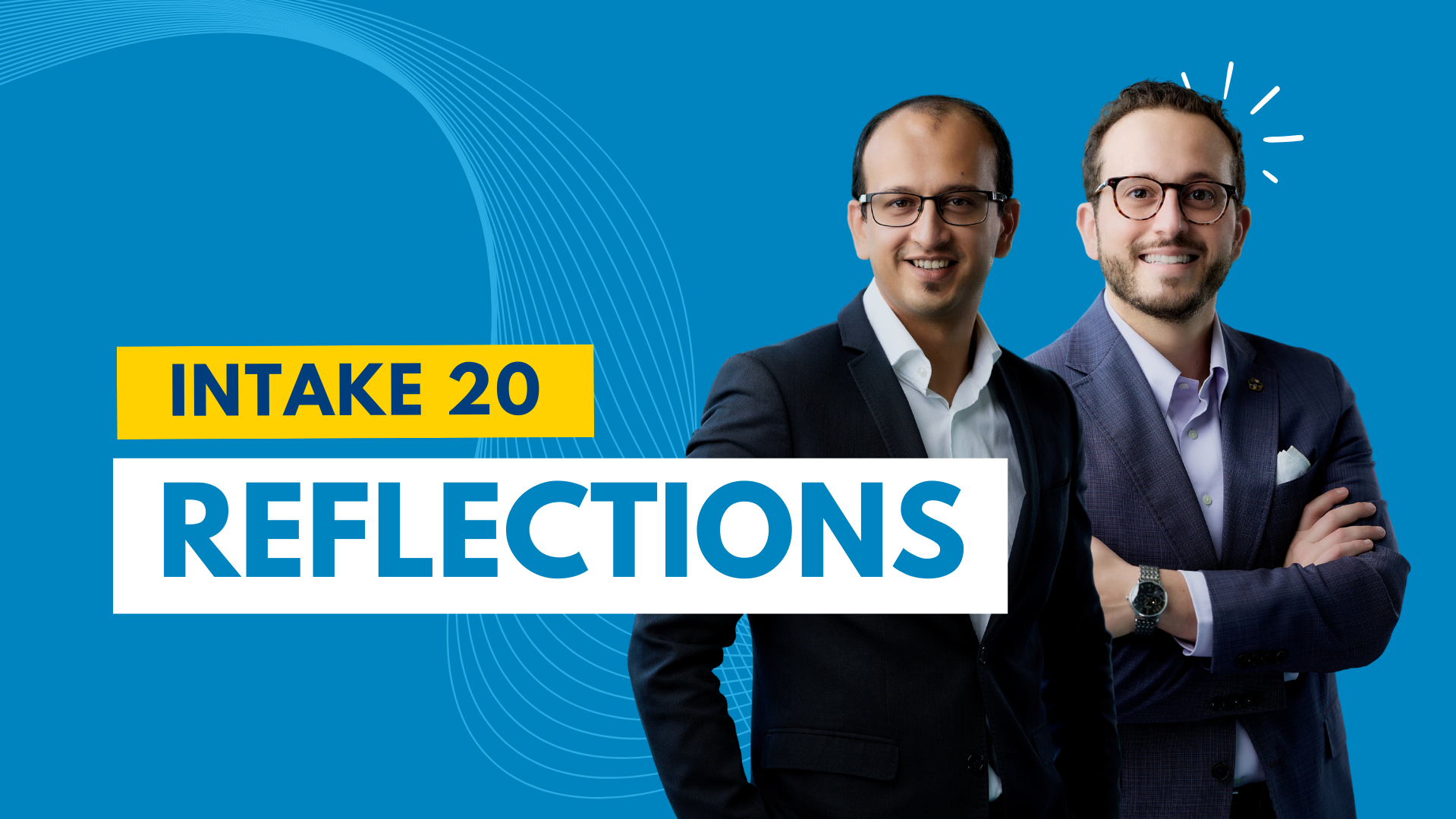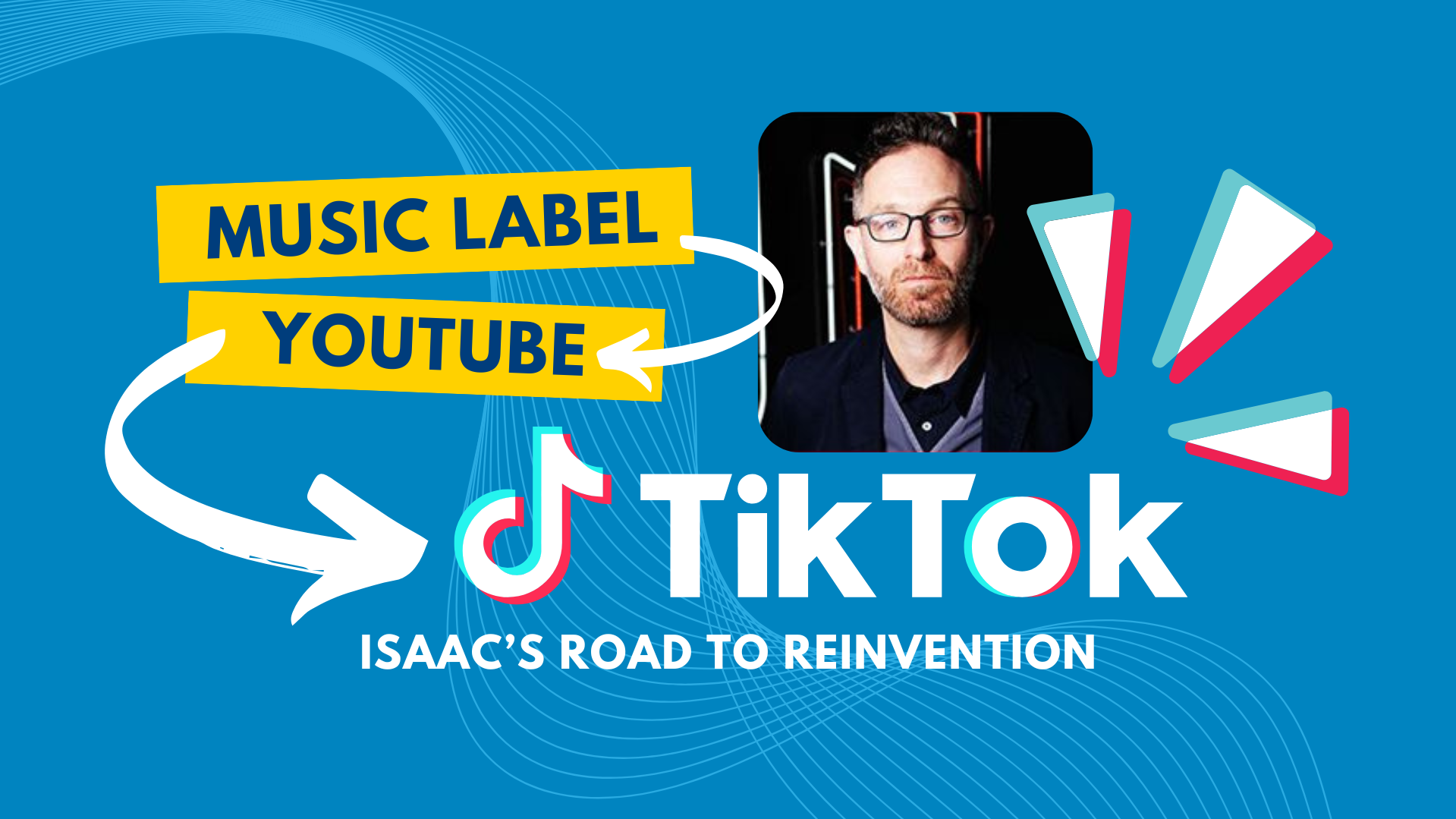From Clinician to Strategic Leader: Dr Toon Wei Lim
How an MBA Transformed a Healthcare Professional’s Perspective
by Dr Toon Wei Lim, Class of 2025/2026

Dr Toon Wei LIM
MBBS, FRACP, PhD, FAMS
- Senior Consultant, National University Heart Centre, Singapore
- Adjunct Associate Professor, Yong Loo Lin School of Medicine, NUS
As a cardiologist and academic leader with over two decades of experience in clinical medicine, research, and healthcare education, I’ve been privileged to work at the intersection of patient care and institutional strategy. Yet as healthcare systems grow more complex, I’ve come to realize that our traditional training as doctors—while rigorous and intellectually demanding—often leaves us ill-equipped to lead large, multifaceted organizations.
Doctors are trained to be highly skilled technicians in our roles. We operate in small, high-functioning teams that ingest huge amounts of data, then make rapid decisions under pressure based on our deep mastery of domain expertise. But this training, while invaluable at the bedside, doesn’t necessarily prepare us to manage sprawling institutions, navigate stakeholder politics, or drive systemic innovation. That gap became increasingly clear to me as I took on leadership roles—and it is what ultimately led me to pursue an MBA.
And this journey has, frankly, been transformative. It gave me a strategic vocabulary and a systems-level mindset that complemented my clinical instincts. I learned to think in terms of organizational behaviour, financial sustainability, and long-term value creation—skills that are essential for healthcare leaders today.
One of the most formative experiences was my capstone project, which involved advising a premium furniture company on its strategy to enter the U.S. market. While seemingly unrelated to healthcare, the project demanded deep engagement with consumer behaviour, brand positioning, and market dynamics. It sharpened my ability to synthesize cultural insights and translate them into strategic action—a skill that I hope to apply in healthcare, particularly in designing patient-centric programs and navigating diverse stakeholder interests. It also reminded me that leadership is fundamentally about understanding people, whether they’re patients, customers, or colleagues.
Studying alongside classmates from many industries including tech, finance, real estate, and consumer goods was equally eye-opening. Their perspectives challenged my assumptions and broadened my thinking. These cross-sector dialogues were not just intellectually stimulating they helped me identify some of my biases and blind spots. Had the program been composed solely of healthcare professionals, I might have missed these insights entirely.
For doctors and healthcare professionals considering an MBA, I would offer this: our expert knowledge and training equip us to solve complex clinical problems, but they do not automatically prepare us to lead complex organizations. The MBA bridges that gap. It doesn’t replace our medical identity—it enhances it, allowing us to lead with a broader vision.
Ultimately, the MBA helped me reframe my role from just being a clinician to being a strategic leader capable of driving change across systems. In a healthcare landscape that demands innovation, integration, and foresight, that kind of leadership is no longer optional—it’s essential.
More information about The UCLA-NUS EMBA Program
Click here to learn more about the UCLA-NUS EMBA program and why it is the program designed for global leaders.
Alternatively, click here to schedule a 1 on 1 zoom call with our admissions staff.


